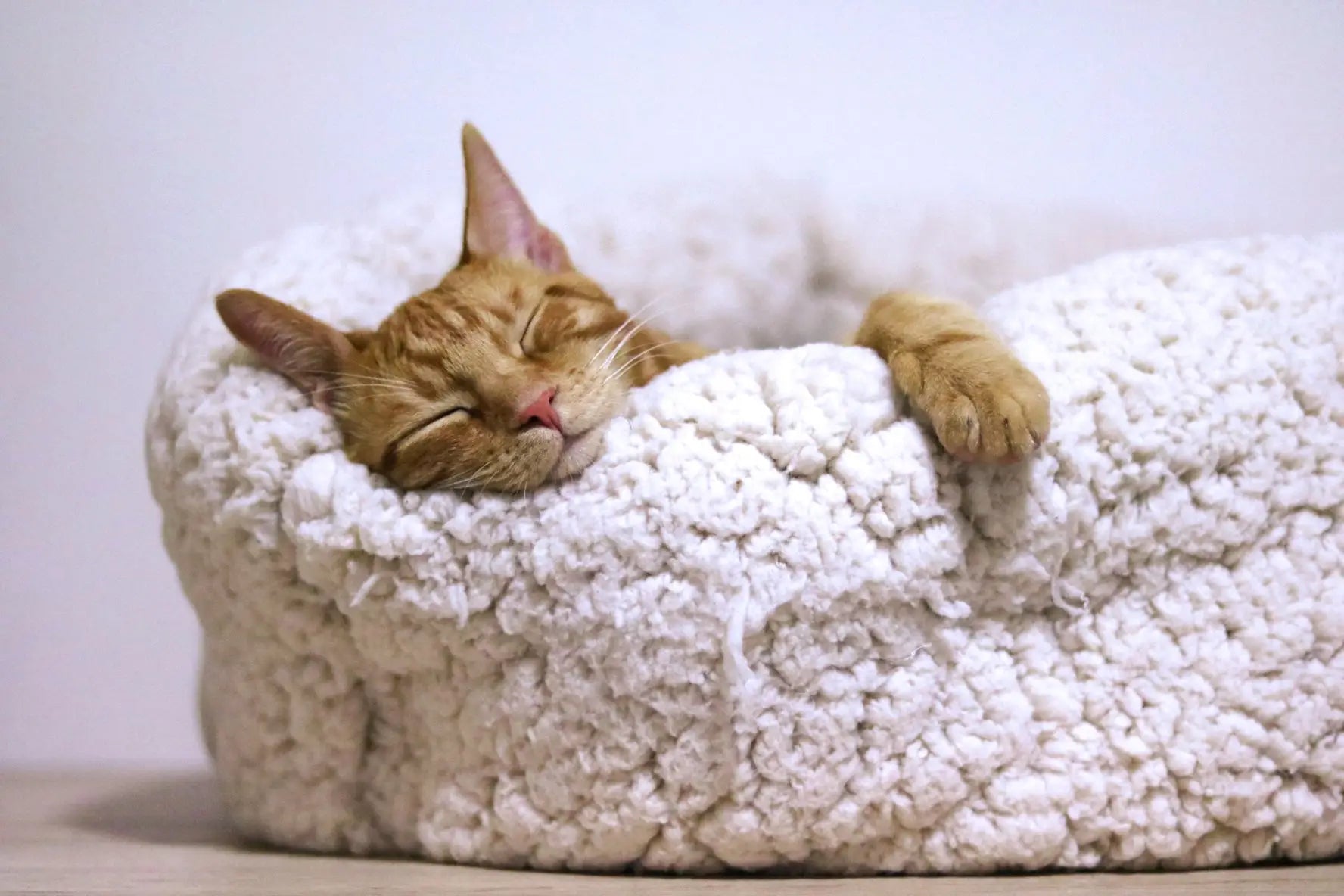Whether you are short sleepers or heavy sleepers, getting to know the sleep pattern you need is essential to maintain your immune system and overall health. While sleep is a major societal issue, how can we better understand the springs of its biological function? How to get a better night's sleep? Well, the answer lies in developing and cultivating good sleep hygiene.
Let's discuss the concept of sleep hygiene and its importance!
What is Sleep Hygiene?
Sleep hygiene is as much important as your physical, dental or household hygiene. It is a combination of habits, behaviors and rituals that contribute to better sleep.
While in about fifty years, everyone loses about 1h30 of sleep per night, today, a night's sleep lasts on average 6.48 hours and a third of people between 18 and 35 sleep less than that. A growing body of research reveals the multidimensional nature of sleep and the direct consequences of its absence on health.
It is fundamental to learn to live according to your biological clock and to do everything to maintain a balanced relationship between your waking and sleeping time, and that's sleep hygiene.
The combined behavior that you have around sleep is your sleep hygiene. It is up to you whether to have good sleep hygiene or bad.
Importance of Sleep Hygiene
Good Sleep Hygiene Promotes A Good Immune System.
Evidence suggests that the average sleep duration has fallen below the seven-hour mark, and more than a third of people say they sleep less than six hours per night. This can create a risk of life hygiene because all organs function differently between waking and sleeping. Your heart, your lungs, your pancreas can change physiology depending on the state of your sleep.
If you demonstrate poor sleep hygiene by depriving yourself of sleep, you will increase your immune risk that will present more increased risks of ill health (vulnerable to viruses of any kind, obesity, etc.). It is the entire body functioning that is affected and not just the brain affected by this deficiency.

Improves Your Overall Health
Sleep is the cornerstone of your overall good health. Research over the past ten years confirms that if you deprive yourself of sleep, you increase your risk of chronic inflammation, which acts as a very harmful mechanism in many components. It increases cardiovascular risks.
Evidence shows the perverse effects of fatigue and drowsiness. It takes into account all these other invisible mechanisms that are at work in our brain, which constitute a real public health issue. DNA repairs itself very badly if we do not sleep. An even more worrying discovery reveals that we have lysosomes at the heart of our cells, which are like small bins& waste disposal points that we create all day. And lack of sleep would prevent these bins from emptying.
One of the functions of sleep is to cleanse neurons and remove the proteins accumulated by cellular functioning during the day and night.
Adapt Your Waking Time and Sleeping Time
It is essential to readjust your waking time according to your sleep needs. You must learn to put yourself back in a context of regularity over time in general and disregard societal injunctions that disrupt the natural biological cycle of sleep.
Remember that ideally, between 6 and 13 years old, you need between 9 and 11 hours of sleep, and between 25 and 65 years old, at least seven hours. Yet despite this, people find it difficult to determine their need for sleep.
Modern life tends to compress sleep in the working week and extend it on weekends by varying the sleep schedule. This makes it no longer able to determine the average amount of sleep necessary for us precisely. Various factors such as screens and digital life, in general, push us to go to bed later.
If you postpone your sleep while your body asks you to sleep, you will temporarily delay falling asleep. This "social jetlag" causes you to find yourself constantly in compression during the week because of the fixed schedule of your getting up.
There is a biological criterion that is important to consider and invites us to get up roughly every day of the week at the same time. And it is when you think of relaxing on weekends by changing your sleep pattern, you destroy your sleep hygiene.
The idea that you have to go to bed at the same time every night is completely wrong. It is precisely the waking time that will accumulate sleep pressure and is favorable to your falling asleep.
Therefore, it is important to be aware that it is necessary to get up a little bit later in the week so that the amplitude, on weekends, is a little less important to gradually reorganize the life pattern and find a more virtuous sleep rhythm.
A better way to improve your sleep hygiene is to take supplements that help you sleep, and what’s better than taking herbal ones that offer additional benefits. You can integrate herbal supplements into your daily intake in consultation with your doctor to improve your sleep pattern.





Share:
Vitamin D—Everyone Knows About it, but Why is it so Important?
What Are Varicose Veins and How to Prevent Them?